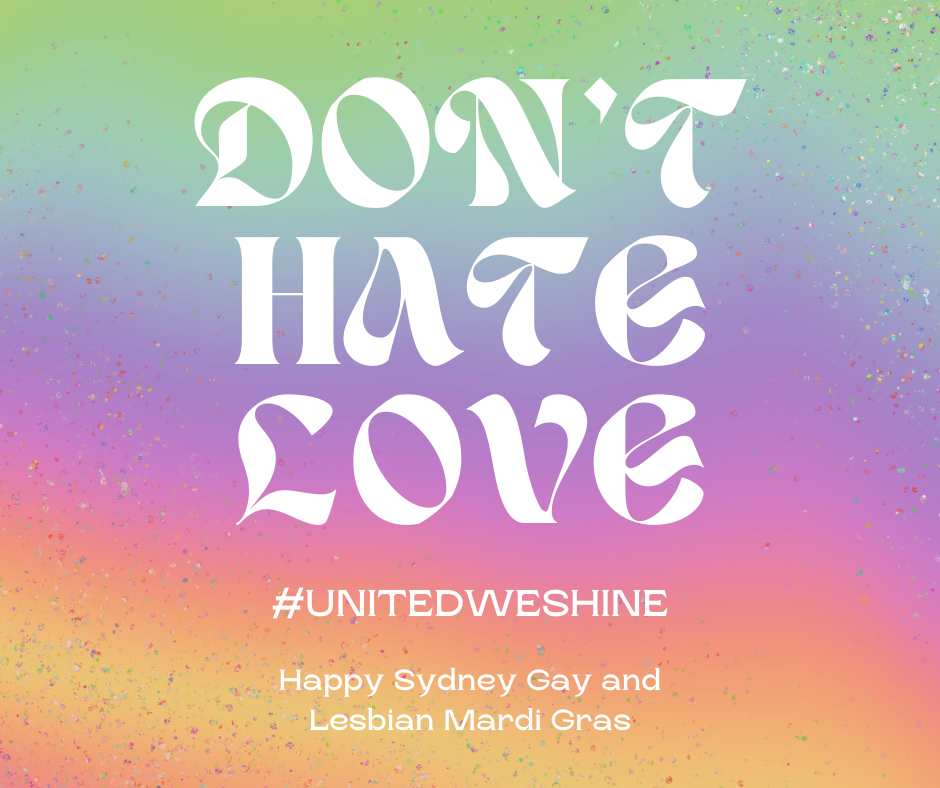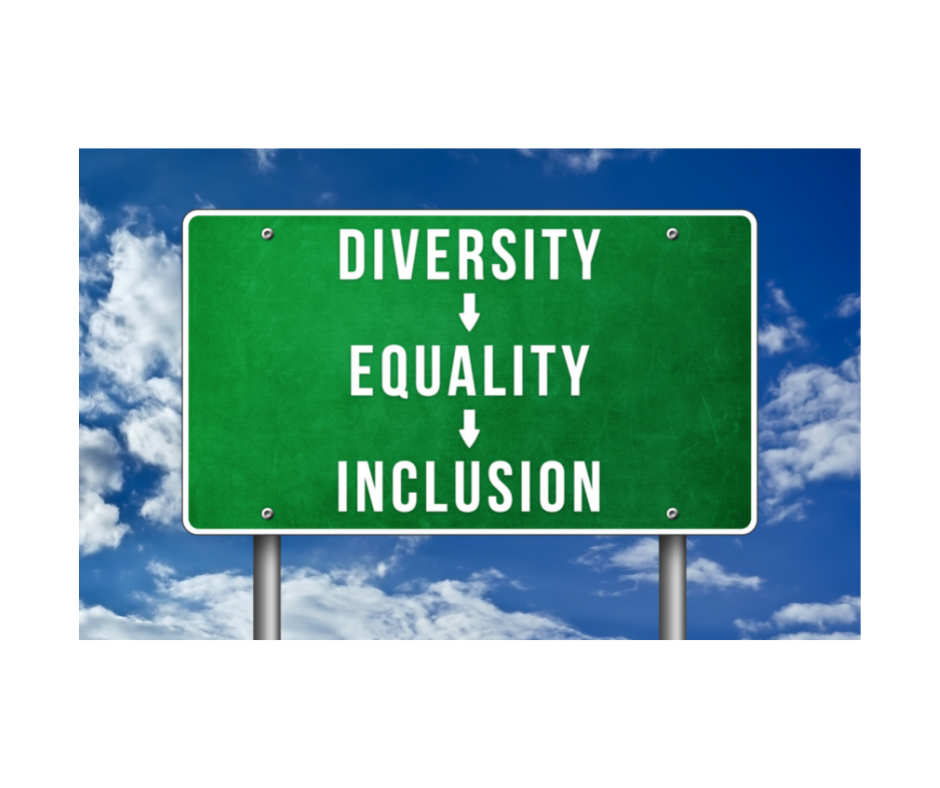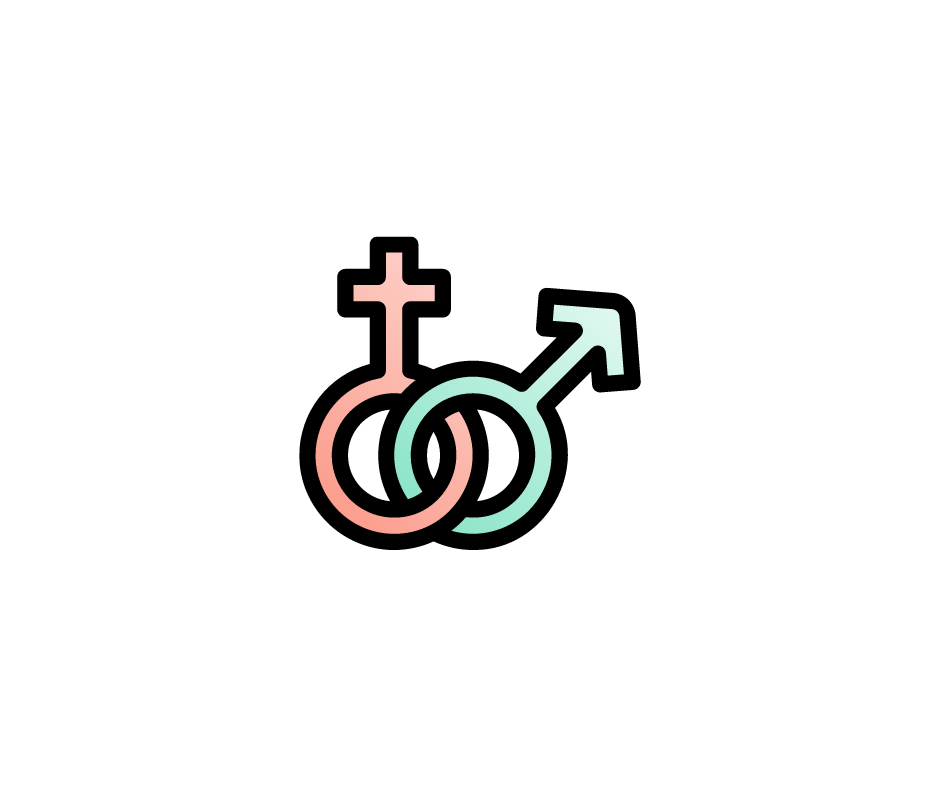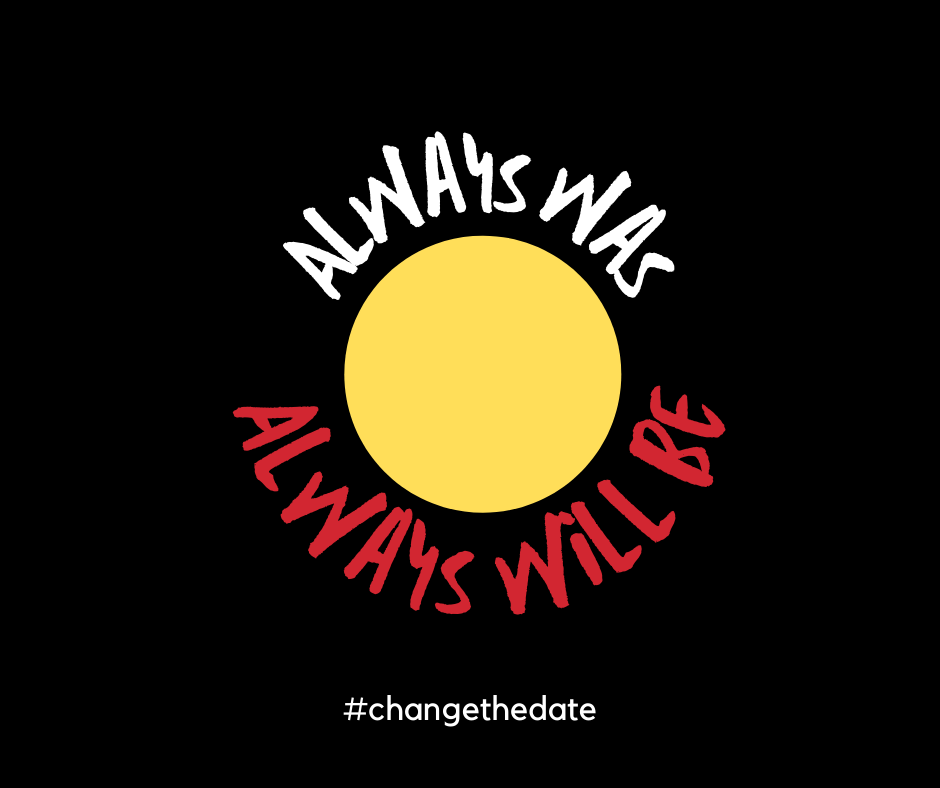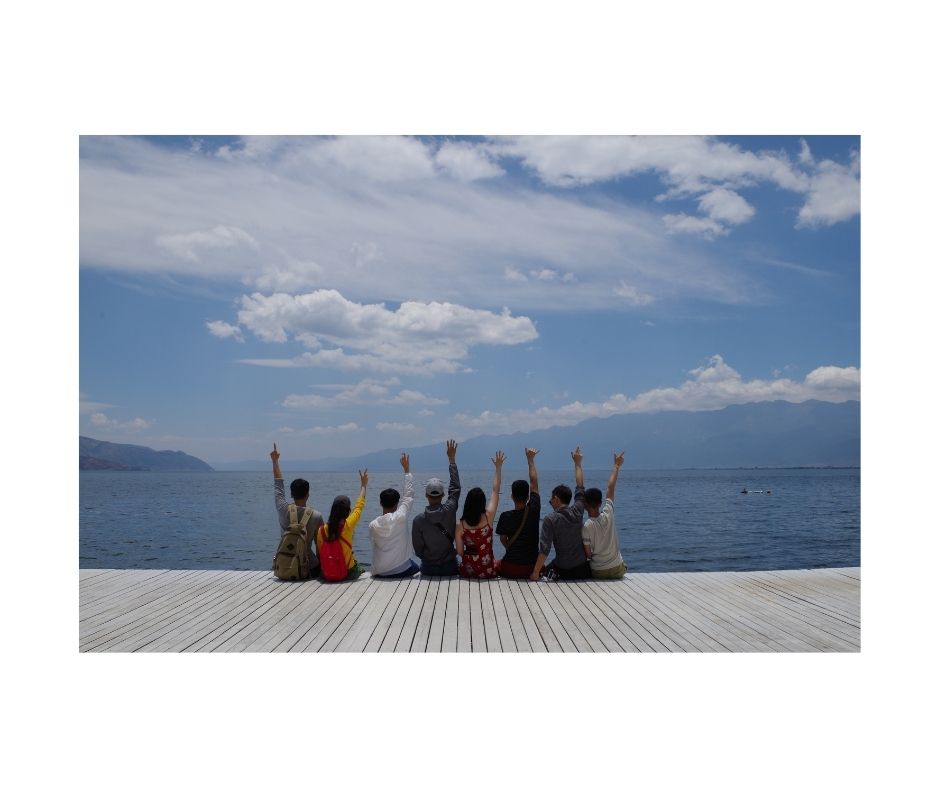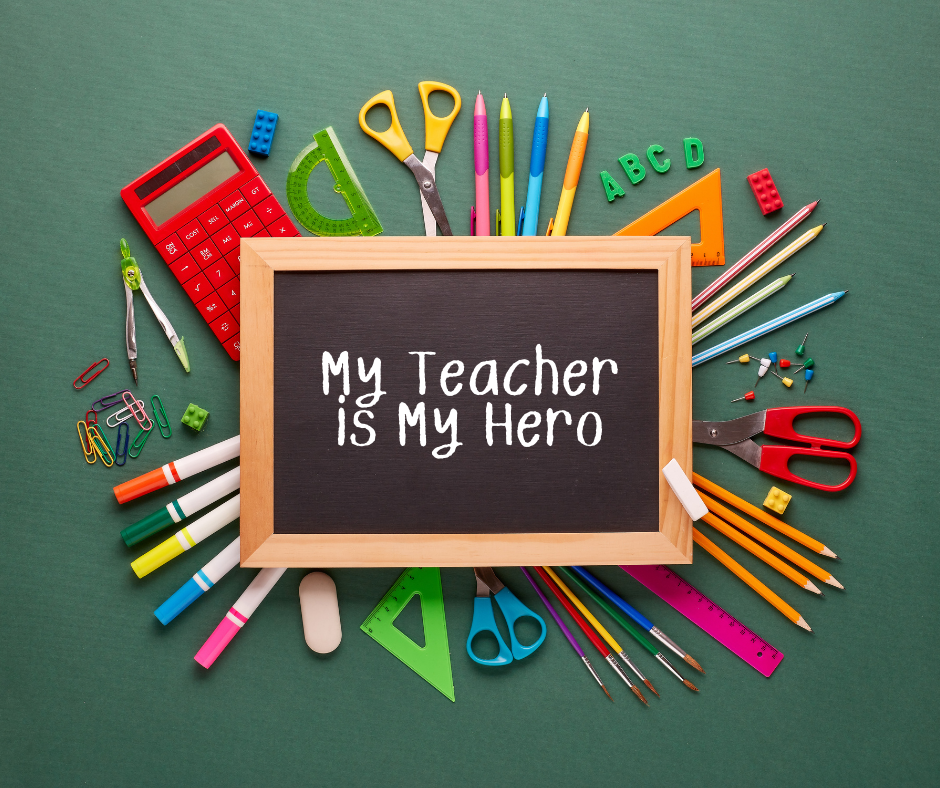It’s often difficult to discuss anything related to gender, women’s rights and even using the word ‘feminism’ in particular. I understand that it shouldn’t be so divisive to talk about such things. At this point in time it should be a given that women’s rights, equality, freedom, justice, empowerment and security should be respected and promoted. The backlash that people and activists receive can be very destructive and invalidating. Often it does lead to the cause being made invisible and people being silenced and invalidated.
Recently I attended a webinar, hosted by an international women’s rights foundation, on anti-gender movements. It’s a paradoxical feeling getting involved with anything related to women because I’m extremely interested and passionate about these issues but it’s such a painful topic to discuss; especially when hearing some of the entrenched negative beliefs about women and our rights. A number of activists from across eastern Europe shared their experiences and challenges of advocating for women’s rights and education. A significant theme across each panellist and the dialogue was the feeling of lack of support, burnout and pushback by loud people. The feeling of burnout is pretty common amongst many activists. Even when working in certain sectors where people are trying to enact positive change it can be a real challenge to understand if what you’re doing is even helping and if you stand alone in the fight.
When advocating for women’s rights it can be painful to think how a loud minority can have such a detrimental impact. This can be true if the loud minority are the people in power and are at the forefront of decision making. However, when it is revealed that the loud minority are not representative the majority of the population it is reassuring to know that the fight for equality can still continue. From this it is important to recognise where advocacy can be directed. During the webinar one activist mentioned the importance of being proactive and not reactive. By this she meant that not necessarily trying to engage in an ongoing dialogue with people from a loud minority who have no chance of shifting their views, to a wider majority who can be more flexible and just need an enhanced insight into women’s and gender-related issues. I would like to think that when it comes to promoting women’s rights that it is a loud minority that is holding the movement back.
Even though the webinar reflected on many disappointing responses to women’s rights activists and the challenges which follow, there was a beacon of hope. Some activists shared their thoughts on what needs to change in order to maintain the fight for women’s rights. One expressed the importance of creating a more global network of support, another said that in her experience often people see feminists and people who fight for women’s rights as strong, therefore in no need of support systems. The conversation continued to emphasise the importance of support and voices being heard. It’s when there’s silence, the feeling of abandonment and isolation that the fight for rights can burn people out.






